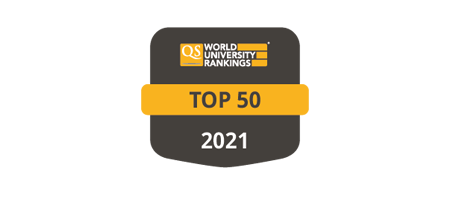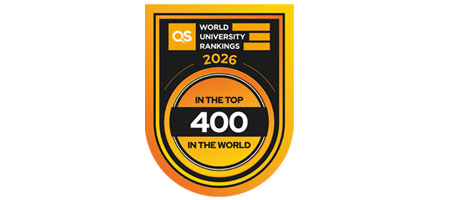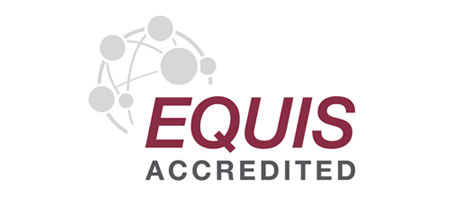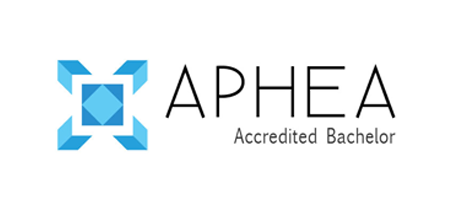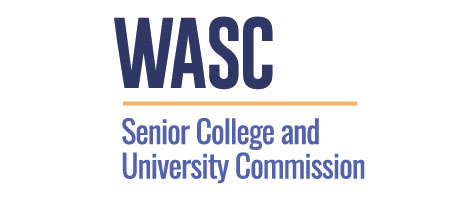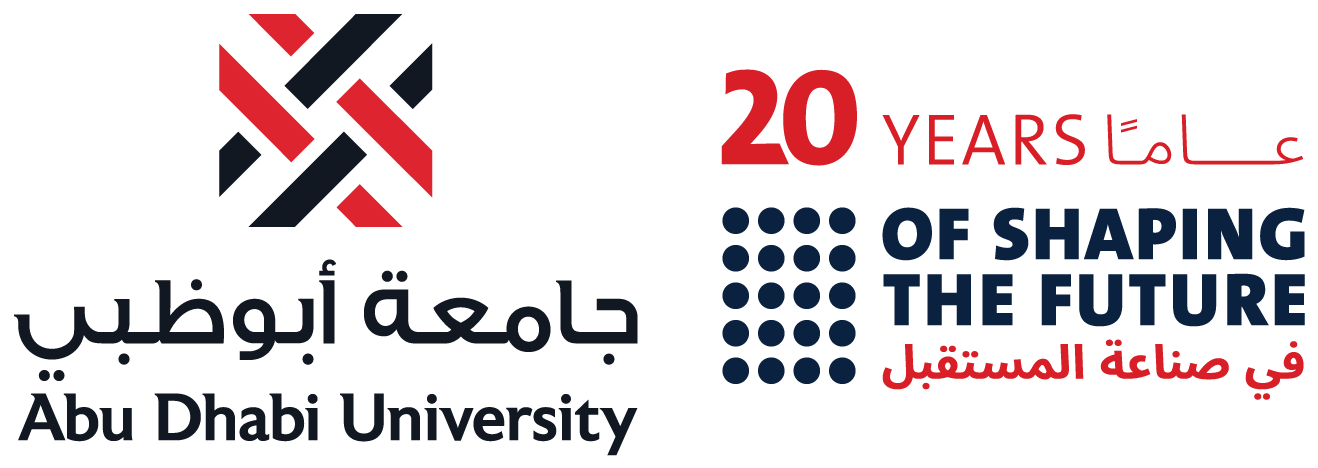Encounters with differences are becoming increasingly unavoidable. It has become unavoidable and even necessary for people to migrate, meet with people who speak different languages, practice different lifestyles, hold different perspectives, and endorse different values and worldviews. Reluctance or inability to engage genuinely with differences is the real struggle. Ignoring this challenge or rejecting pluralism altogether can have disastrous consequences and affect communities locally and globally.
This module will enable the learner to understand that honoring our own identity does not necessarily mean rejecting others’ identity. We always argue about our right ‘to be heard’ and often forget our responsibility ‘to listen’ and our proactive obligation to observe and learn. This learning platform will allow the learner to learn ways to genuinely embrace diversity as a strength and an indispensable foundation for human peace and progress.
Skills and Dispositions, you will develop
Active listening, empathy, embracing diversity, tolerance, and respect.
Module Delivery
Scenario-based reflections, role plays, and discussions
Structure of the reflection Report
| Section | What it might contain |
|---|---|
Introduction | Identifies and introduces your experience or learningVirtual World Tour to Unpack Diversity: Diversity takes many forms, including but not limited to culture, language, place of origin, migrant generation, age, gender, religion, interpretations of faith, ritual tradition, socioeconomic status, abilities, etc. Virtual Field Trips For Kids: 100+ Amazing Free Trips! (typicallytopical.com) Highlights why it was important: To understand the key concept on which to build reflections. Outline key themes that will appear in the reflection (optional – but particularly relevant when answering a reflective prompt or essay)
|
Main body | Explore Experiences:
Analyze and Synthesize:
|
Conclusion | Restate or state your learning
Plan for the future
Answer the question or prompt (if applicable)
*Background music from different countries throughout the session |
Moderators

Dr. Rubina Qureshi
Senior Instructor of Sociology
College of Arts and Sciences
Abu Dhabi University

Mr. Amin Tejpar
Managing Director
Curved Space Data
